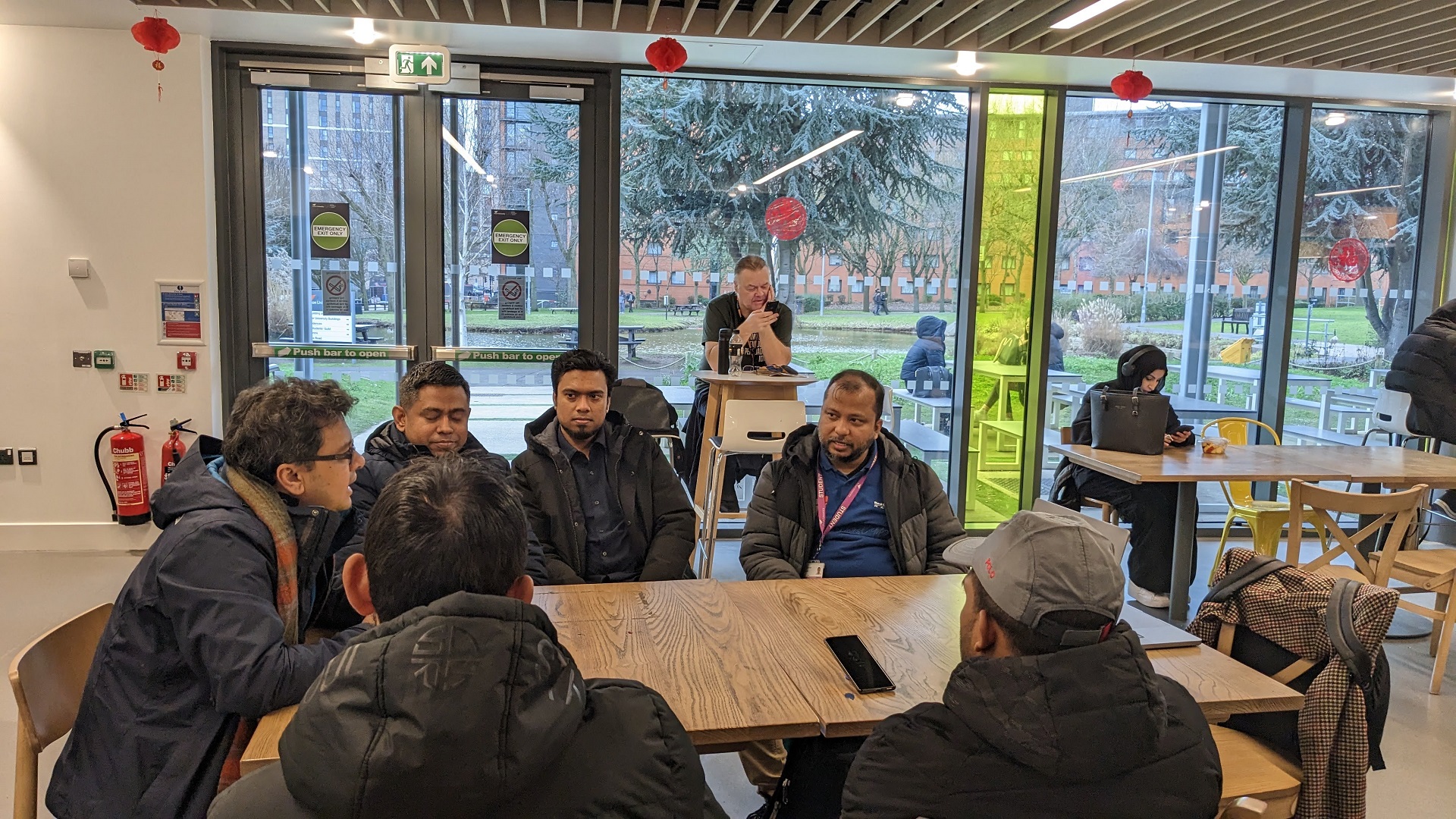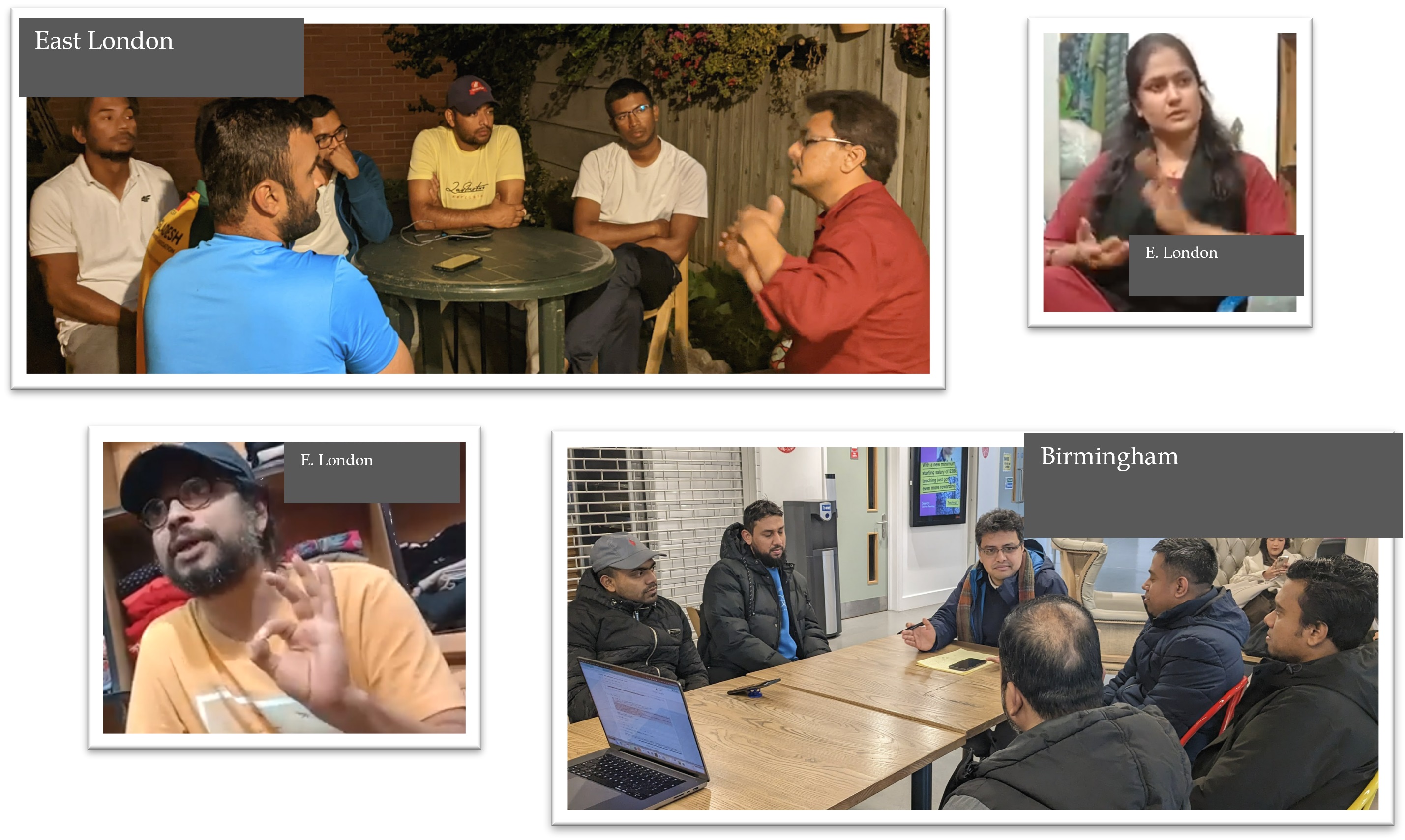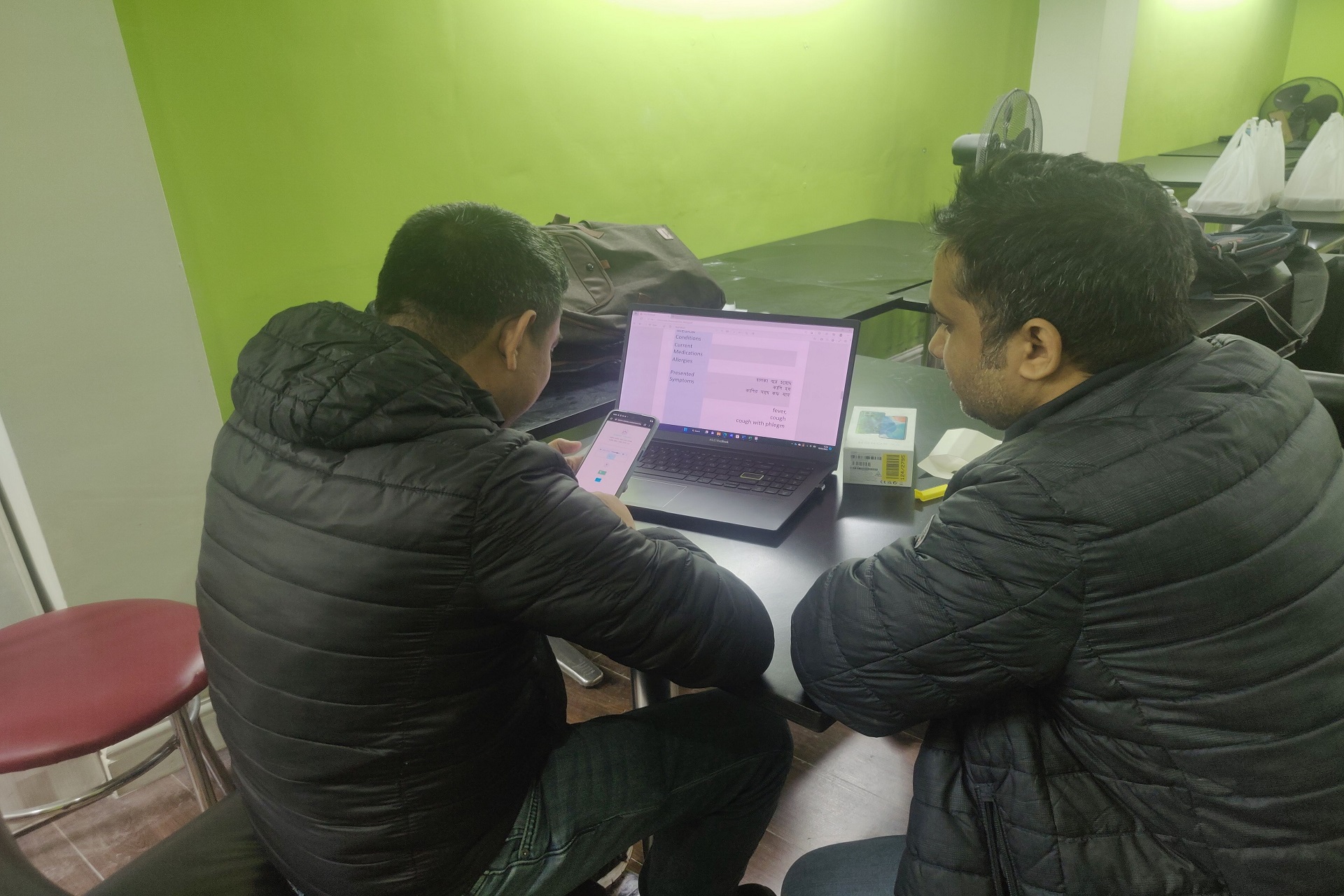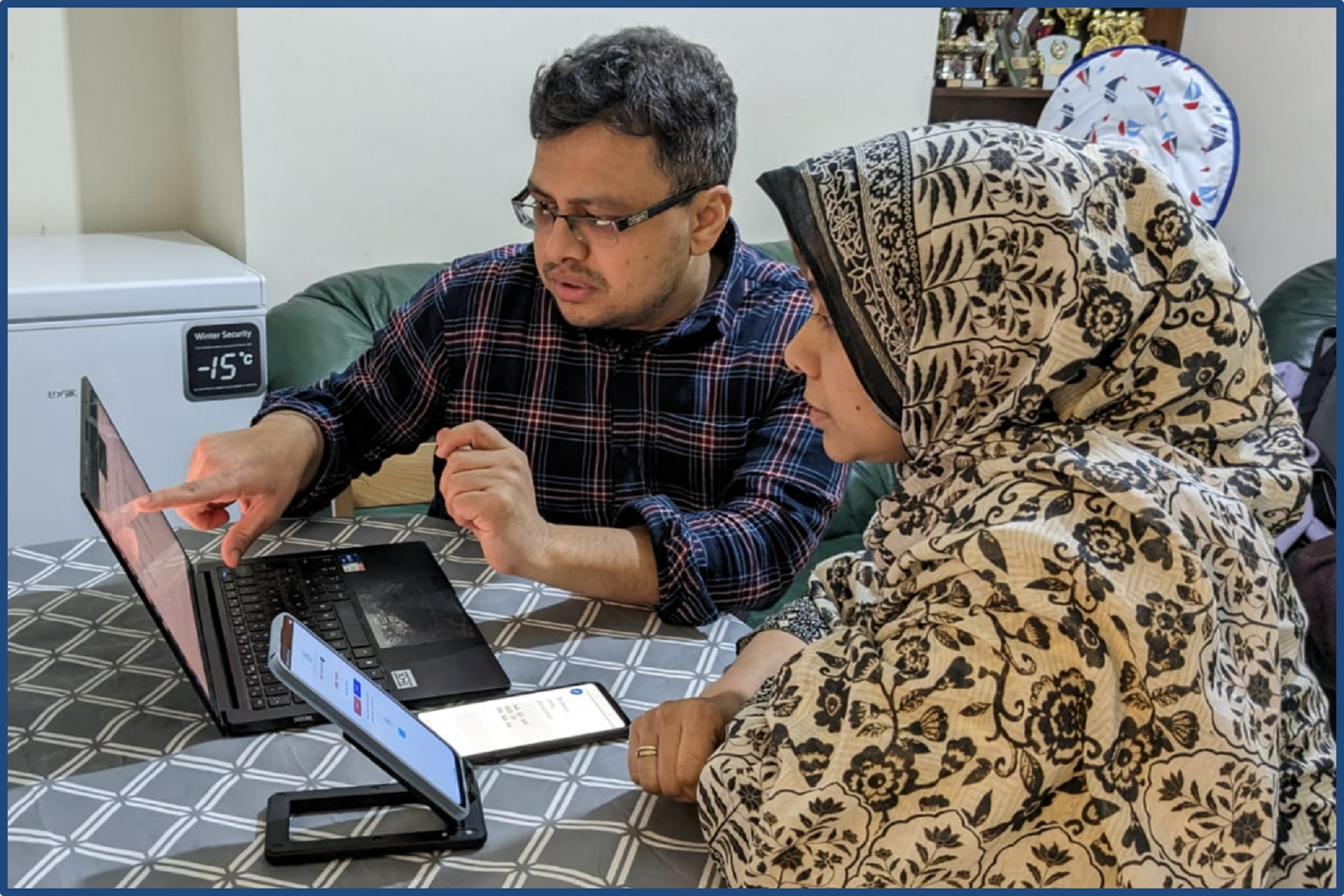Bridging the Gap in Primary Healthcare Access for Bengali Communities in the UK
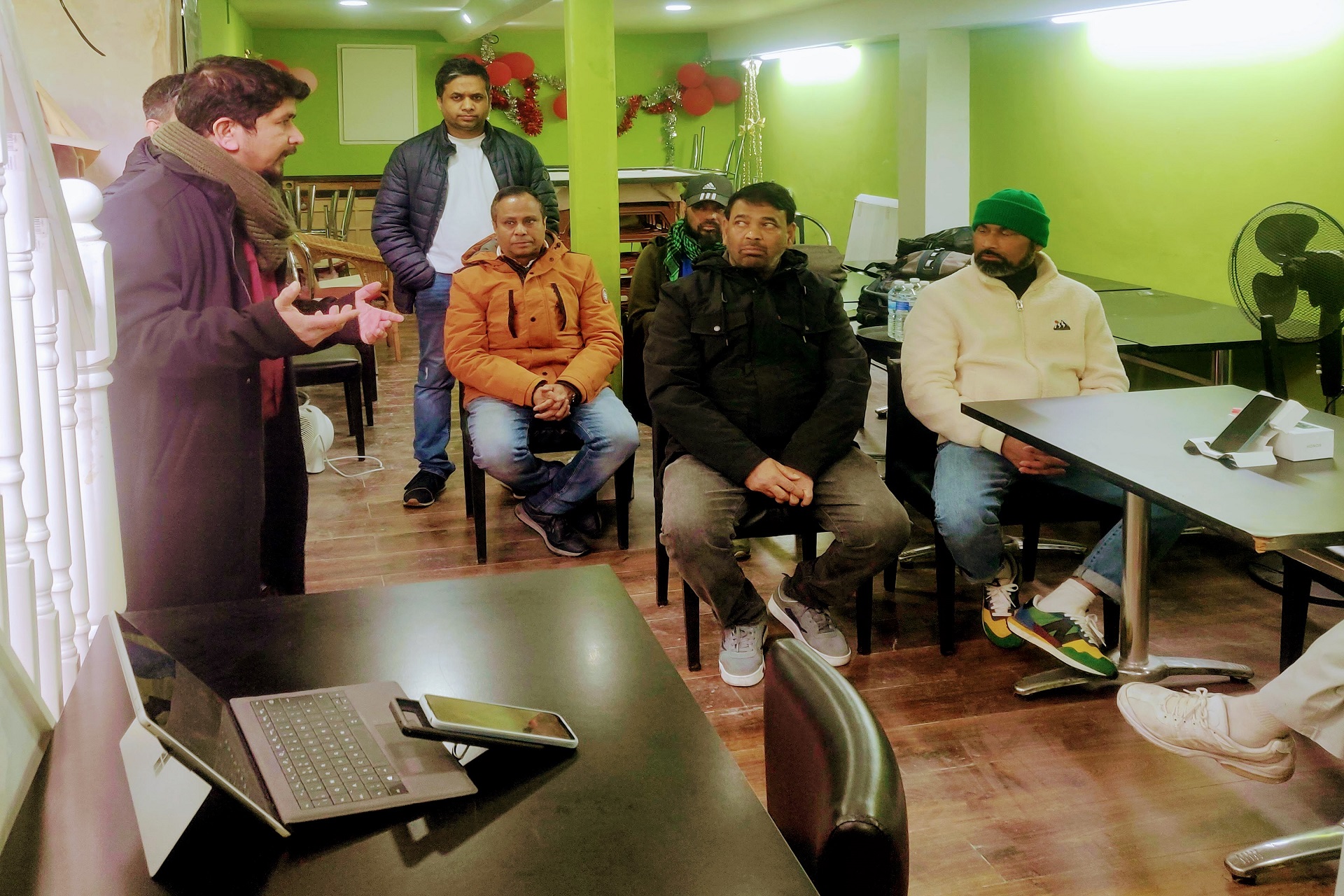
MedAi Community Engagement Session : Birmingham, UK
When it comes to getting healthcare services in the UK, ethnic South Asians have substantial challenges due to language problems. Many people in this community may not be fluent in English, making it difficult to explain their symptoms, concerns, and medical history to healthcare providers. This communication chasm can result in misconceptions, incorrect diagnosis, and poor care. Cultural factors also impede ethnic South Asians' access to healthcare. Cultural norms and attitudes about health and sickness may differ from those of the host country, resulting in miscommunication between patients and healthcare practitioners. This mismatch can have an impact on the quality of therapy because cultural considerations may not be addressed appropriately, resulting in inferior treatment outcomes.
The intersection of healthcare and technology has proven revolutionary in recent years, particularly with the advent of AI-driven digital health platforms. These platforms, if effectively deployed can play a pivotal role in promoting health equity, especially among culturally and linguistically diverse communities. MedAi has embarked on a unique mission to understand and overcome the challenges faced by ethnic Bengali communities in the UK in accessing primary care.
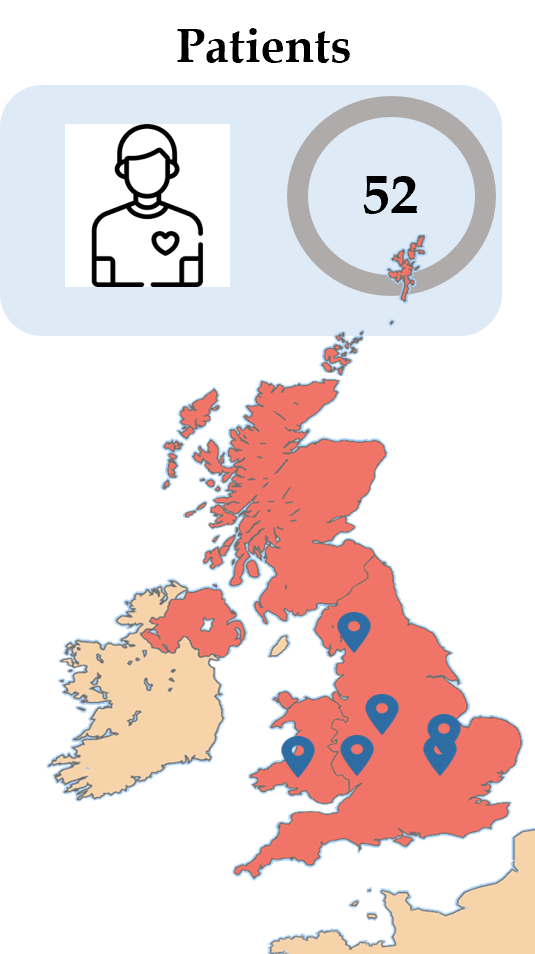
We interviewed ethnic Bengalis from six major UK cities.
We have taken a proactive approach in understanding these challenges by conducting an extensive survey within the Bengali communities. We interviewed 52 ethnic Bengali patients in the UK. The primary objective is to gain insights into their difficulties and experiences with the UK's primary healthcare system. During our survey delves into several aspects such as language barriers, understanding of the healthcare system, attitudes towards digital health platforms, and perceived cultural sensitivities. Our respondents come from different gender, educational background. 23 (44%) of the respondents reported : Difficulty using English only digital appointment booking systems such as eConsult and would prefer a voice interactive system in Bengali.
A full user testing of MedAi's AI-driven digital health platform was conducted in four major cities—Birmingham, London, Swindon, and Cambridge—in response to the survey's findings.
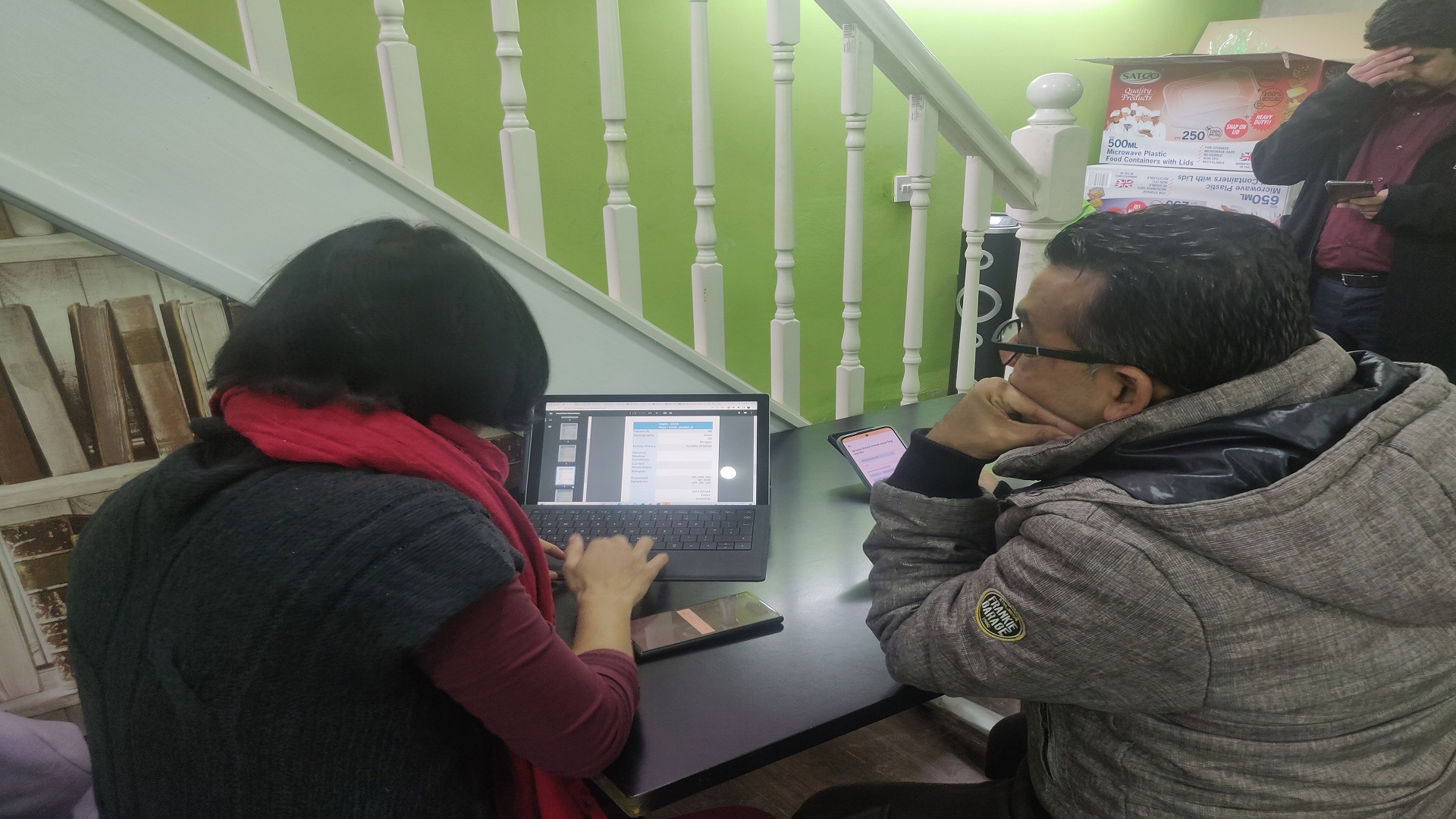
User testing session, Birmingham UK
Our user testing focused on real-world interactions, allowing the participants to navigate the platform and provide valuable feedback. The users were given the option to book a GP appointment using a text-based communication feature on an English app, a Bengali app, and a voice-interactive appointment booking solution. The power of the MedAi platform lies in its AI capabilities and its multilingual feature. The ability to interact in their native language made the platform more accessible for the Bengali community, which may have previously faced language-related challenges.
User testing session (Birmingham & East London)
Moreover, the voice-interactive solution is an innovative approach to improving
healthcare access. It caters to a wide range of users, including those who are not
comfortable with text-based applications, are visually impaired, or are not
literate, thus reducing the barriers to healthcare access.
The project by MedAi is a significant step in the direction of affordable and
accessible healthcare options. The user testing and survey results will be used to
improve the MedAi digital health platform as well as provide useful lessons for the
larger healthcare industry.
